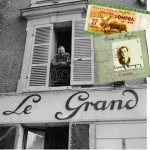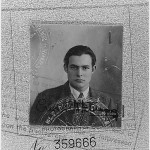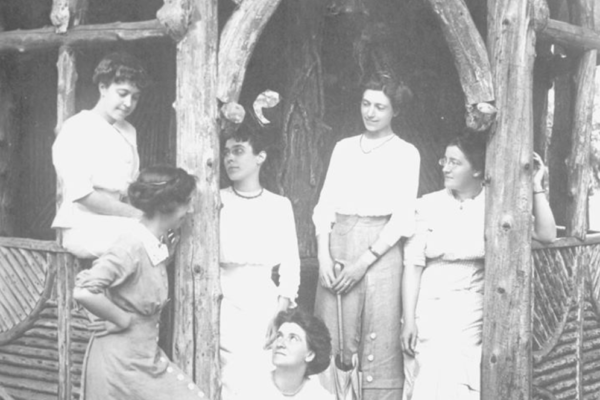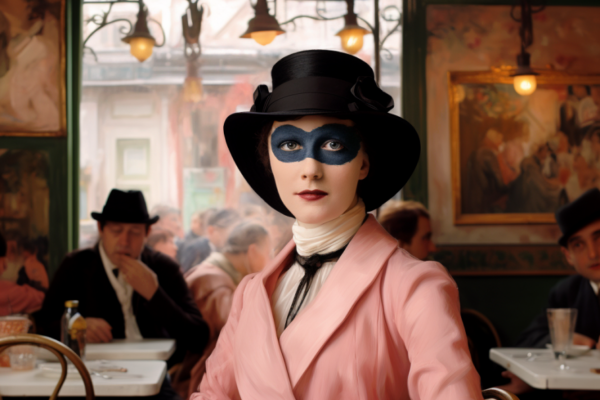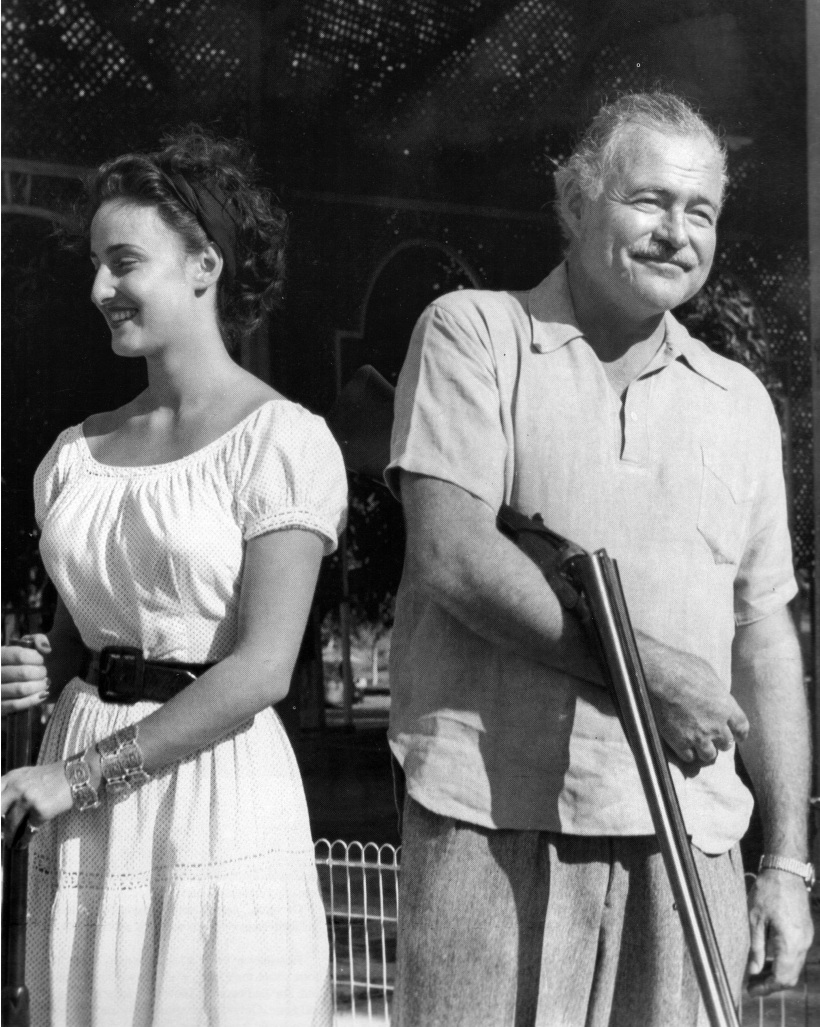
© Hemingway Collection at the JFK Library, Boston.
Honestly, I just can’t keep up with you old Hem! In a new book, written by the great nephew of a close friend to the writer in his later years, Autumn in Venice: Ernest Hemingway and His Last Muse, explores the little-known love affair between a 50 year-old Hemingway and an 18 year-old Italian countess, Adriana Ivancich. They met at Harry’s Bar, naturally, where she met his gaze and the pair began a seven-year game of cat and mouse, exchanging poignant love letters that went unpublished for decades after his death.
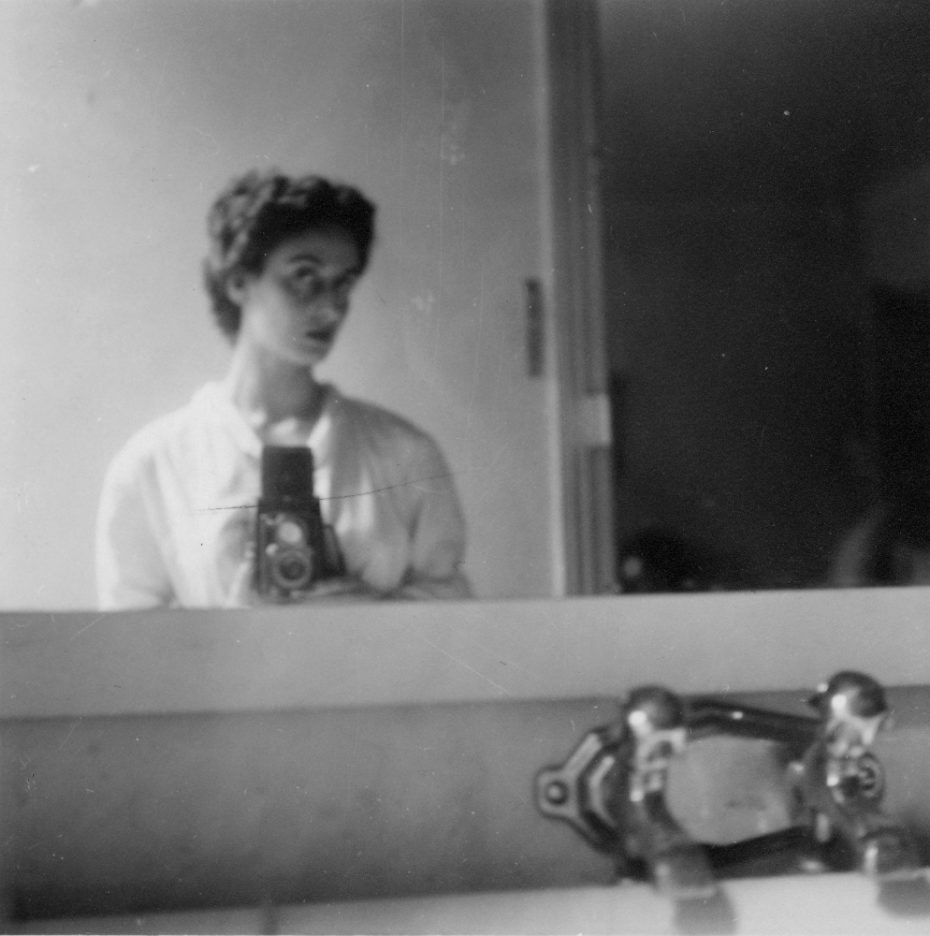
Adriana’s self portrait, found in the Hemingway Collection at the JFK Library, Boston.
Two years into his marriage with Mary, wife number four, Hemingway fell hard for the young Italian beauty, 30 years his junior. The newly published book by Andrea di Robilant, “goes deep into this emotionally disturbing period of Papa Hemingway’s life. The result is a love story on two levels — one involving an alluring city, the other Hemingway’s regrettably immature propensity for seeking extramarital bliss”.
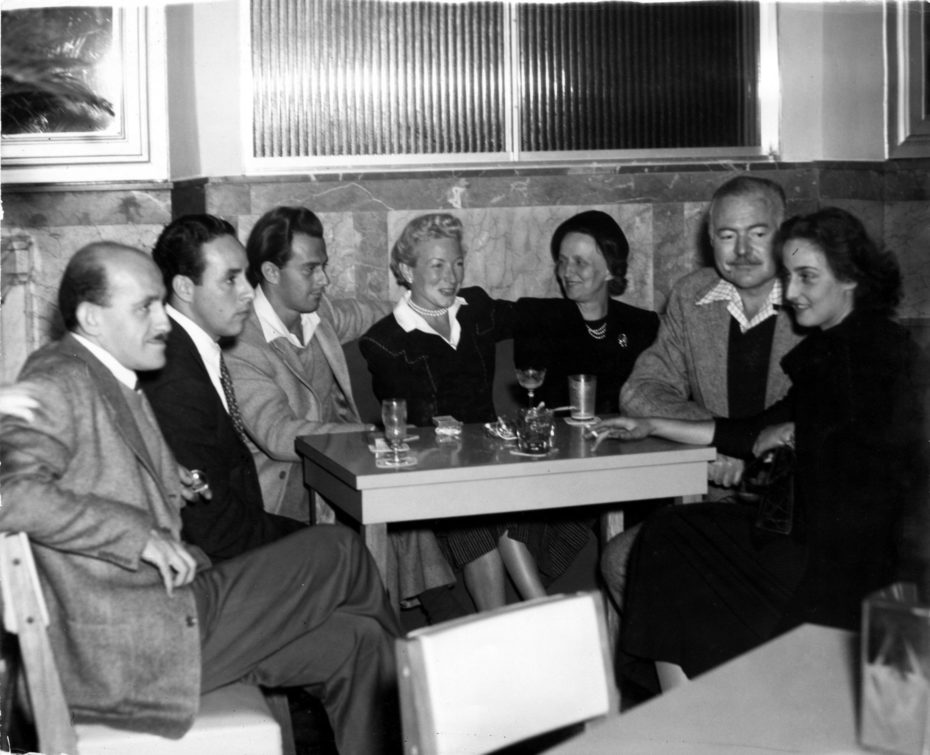
© Hemingway Collection at the JFK Library, Boston.
Amongst Hemingway’s private photo album’s and scrapbooks held in the archives of the JFK library in Boston, photographs of the pair in Venice, Cortina and Cuba, caught looking googly-eyed at each other, re-emerged when their love letters were first published in 2011.
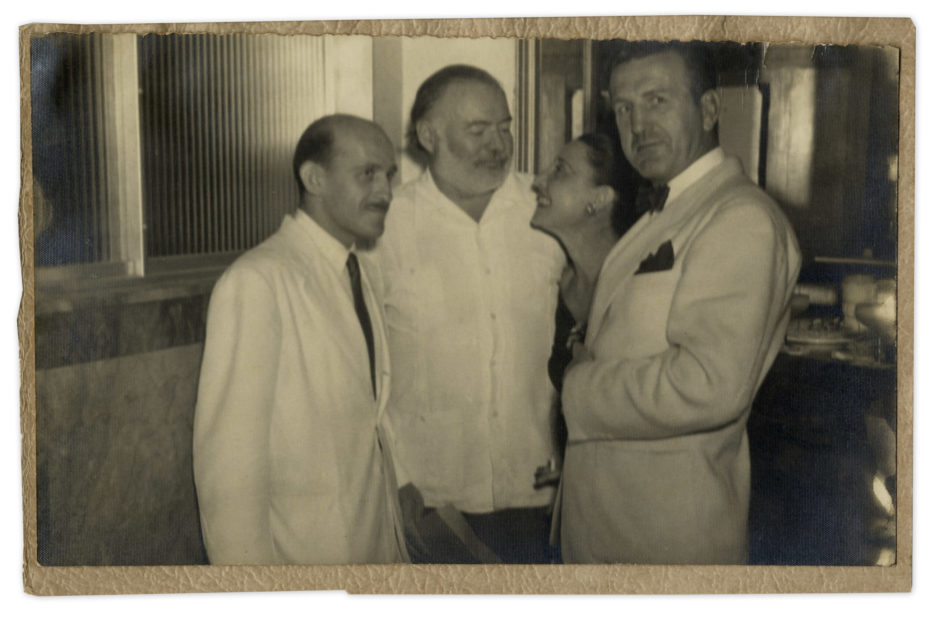
Now, in Di Robilant’s book, the great nephew of Hemingway’s hunting buddy, begins by identifying Adriana as heroine in Across the River and into the Trees, Hem’s postwar novel about a 50-year-old veteran scouring his bitter memories and courting a 19-year-old Italian countess. Sound familiar? While Hemingway saw to it that the book was prohibited from being in published in Italy for at least two years in order to spare the young countess from public embarrassment, she herself later admitted in her memoir that she was indeed the woman in the story.
“Hemingway deluded himself into thinking it was his best work; many critics savaged it. Di Robilant follows Hemingway through his mostly tragic last decade to his suicide in 1961, and Ivancich to her suicide in 1983,” explains the Knopf, the publisher behind the revealing new novel.
“When I am away from you I do not give a damn, really, about anything,” Hemingway wrote to Ivancich. “I miss you very much. Sometimes it is so bad that I cannot stand it.” Its unconfirmed whether the two ever actually consummated their amorous relationship, but knowing ol’ Hem…
The American writer even invited Ariana and her mother to stay with him and his wife in Cuba for several months…
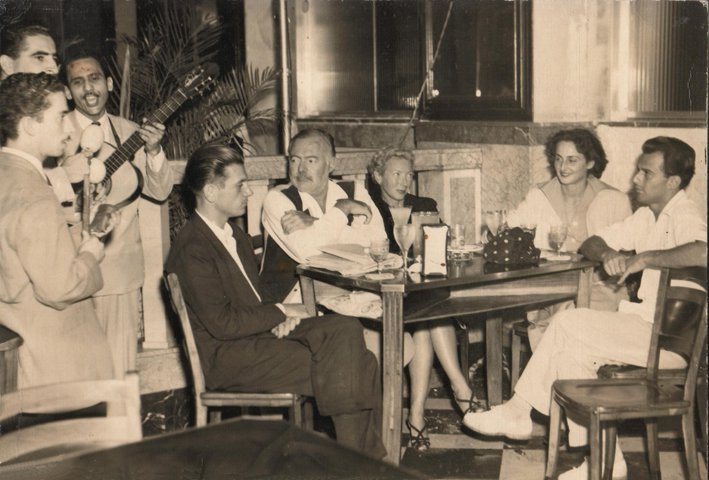
Mary Hemingway is say pictured sitting in between Hemingway and Ariana in Cuba
Their letters over the years are a curious mix of openly expressing each other’s feelings and Hemingway casually discussing his travels with his wife Mary…
Mary and I went for thirteen days to Paraiso before having to come back for the Hayward business. It was much better weather than last year and there were many more fish. We caught an average of 20 good fish a day; many beautiful big yellow tails and pargos. Not as many groupers (cherna) as last year. I trained hard and got in fine shape; no belly and indio tostado color. Mary was in wonderful shape too and very happy. She caught the most fish and that made her even happier. Fishing in the Tin Kid is certainly lots of exercise. I always think of you and the big marlin of last year.

Hemingway to Ariana © JFK Library
In Di Robilant’s new book, he shares a previously unseen letter in which Adriana tells Hemingway she has been forbidden from writing to him by the man she hopes to marry…
April 1956:
[He] “doesn’t want me to write to you any more and he doesn’t want you to write to me…[That has] made me suffer … and always will make me feel sad … I tried everything (you know how much I love you …). No tears, no words could make his mind change … I never thought that there could be a goodbye between you and me.”
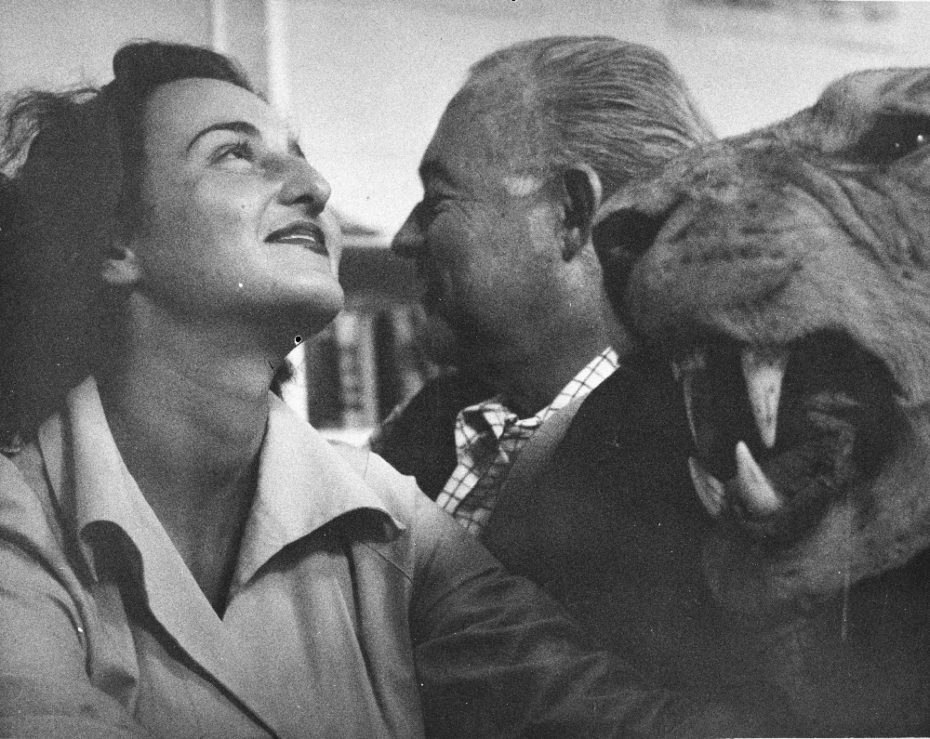
Found in the Hemingway Collection at the JFK Library, Boston.
In 1963, two years after Hemingway’s suicide, she married German count Rudolph von Rex with whom he had two sons, Carlo and Nicola. Twenty years later, she hung herself at the age of 53 at her Italian estate.
Andrea Di Robilant believes that Ariana is Hemingway’s forgotten, if not most important muse. During the height of their relationship, he published what is arguably considered his best work, The Old Man and the Sea, which won the Pulitzer prize.
“She brought joy to his life, inspired him”, writes Di Robiland, “…leading to a remarkable literary flowering in the late season of his life.”


